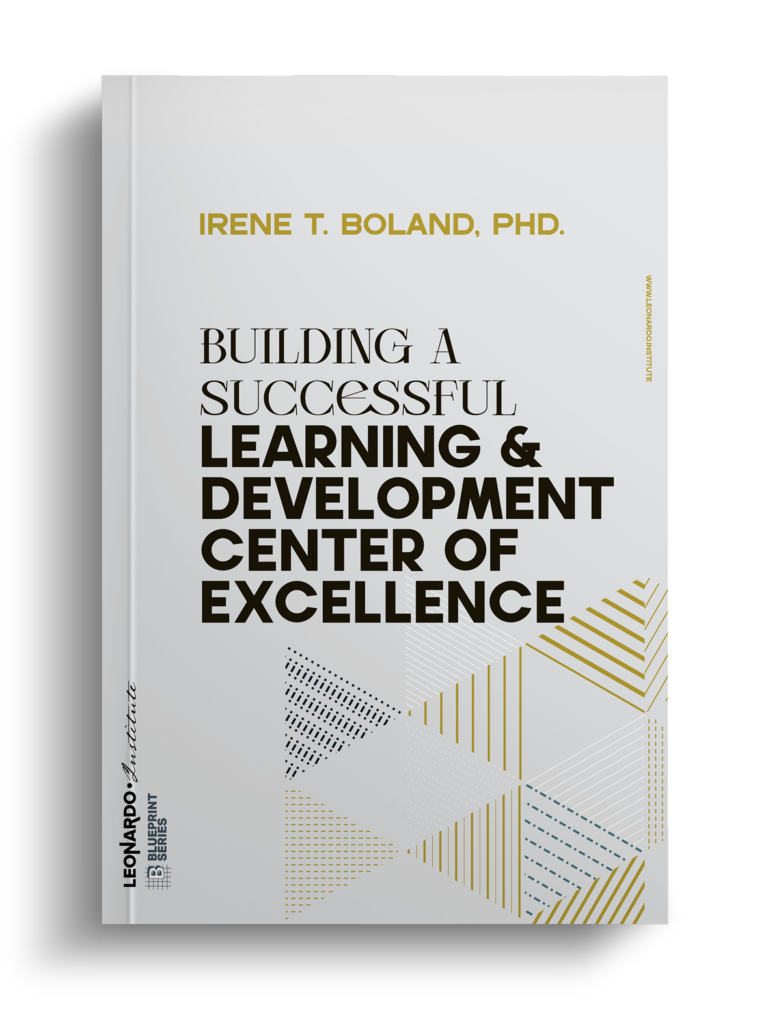As an instructional designer, preparing for a meeting with a Subject Matter Expert (SME) is a pivotal step in creating impactful learning experiences. Your success hinges on understanding the SME’s expertise, aligning it with learning objectives, and translating complex concepts into accessible learning materials. Let’s explore strategies to maximize the effectiveness of your collaboration with SMEs.
Understanding the Role and Expertise of the Subject Matter Expert
SMEs bring a wealth of knowledge and experience in their specific field, which is invaluable in developing accurate and relevant content. Your first task is to understand their domain deeply enough to be able to ask insightful questions. Review existing materials, research the subject, and list questions or areas where their insights are crucial. This preparation not only shows respect for their expertise but also helps you to steer the conversation effectively.
Aligning SME Insights with Learning Objectives
Every piece of content or input from the SME should serve the learning objectives of your course. Before the meeting, clearly define these objectives. What should learners know or be able to do after completing the course? Discuss these objectives with the SME to ensure their contributions are aligned. This alignment is critical in instructional design as it ensures that the content is not only informative but also purposeful and learner-centered.
Translating Expert Knowledge into Learner-Friendly Content
One of the biggest challenges in instructional design is transforming complex subject matter into content that is accessible and engaging for learners. Prepare to ask your SME how to simplify complex ideas without losing their essence. Understand the common misconceptions and difficulties learners might face and discuss them with the SME. This conversation can lead to the creation of analogies, examples, or case studies that make complex ideas more relatable and understandable.
Facilitating Effective Communication
Effective communication with the SME is vital. Prepare an agenda for the meeting, highlighting key topics and questions. Use open-ended questions to encourage detailed explanations and stories. Be an active listener, summarizing key points and clarifying when necessary. This not only aids in understanding but also shows the SME that their input is valued and understood.
Put it to work
- Research the SME’s field to ask informed questions.
- Align SME input with your course’s learning objectives.
- Develop strategies for translating complex information into learner-friendly formats.
- Prepare an agenda for the meeting with key points and questions.
- Employ active listening techniques to ensure effective communication and understanding.
The Takeaway
Preparing for a meeting with a SME is more than just setting an agenda; it’s about fostering a collaborative environment where expertise is translated into impactful learning. By understanding the SME’s role, aligning their knowledge with your course objectives, and effectively communicating, you can create learning experiences that are both informative and engaging. Remember, the goal is not just to gather information, but to transform it into knowledge that empowers learners.


